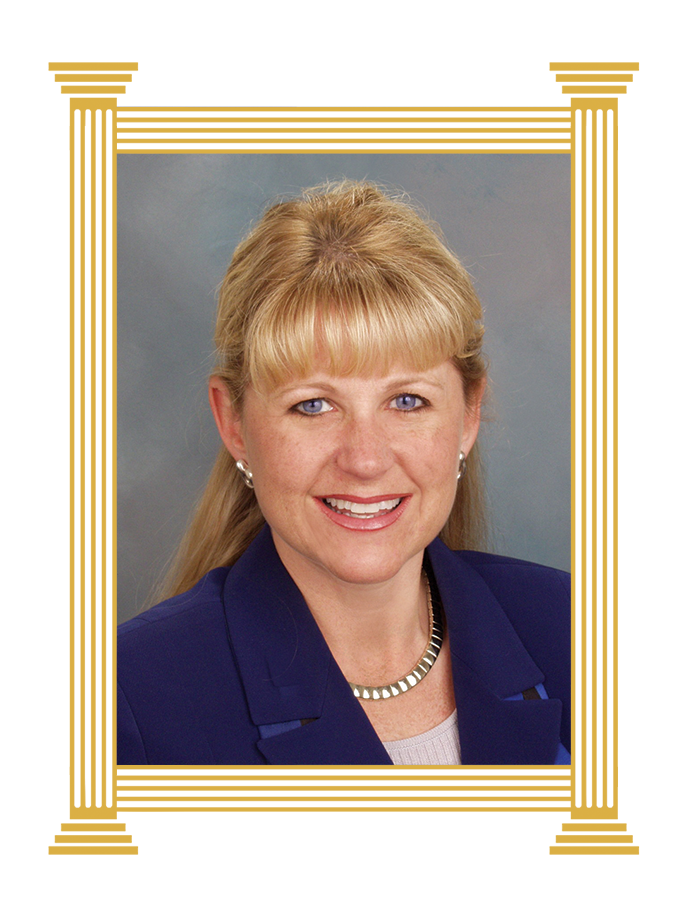Feel like you’re behind on your retirement savings? You’re not alone. According to a recent study from the Economic Policy Institute, the average family between the ages of 44 and 49 has only $81,437 saved for retirement. That number is $124,831 for those between ages 50 and 55 and $163,577 between ages 56 and 61.1 While those numbers might represent a good start, it’s fair to say they’re not sufficient to fund a long retirement.
Fortunately, you can take action to catch up. You may have to make some adjustments to your plans and vision, but you can still be able to fund an enjoyable retirement. Below are a few tips to get you started. The longer you wait, the more challenging your retirement might be.
Estimate your savings target.
Would you start a road trip without setting your destination? Probably not. The same should be true for your retirement planning. You need to know where you want to end up before you implement a strategy. In the case of your retirement plan, your destination is your savings goal.
Your estimated annual retirement spending is a great place to start. It’s impossible to precisely predict your spending needs. However, you can probably generate a range or ballpark figure.
Next, project any income you can count on in retirement, such as Social Security or pension benefits. If your income won’t cover your expenses, you have a gap that will need to be covered by distributions from savings. Your target should be a savings balance that’s large enough to safely generate your needed income.
Consider whether your plans are realistic.
Since you’re getting a late start, it may be unrealistic to save enough money to fund all your retirement dreams. Another way to eliminate your savings gap is to adjust your retirement plans. If you reduce your annual spending needs, you can similarly reduce the amount needed to fund your lifestyle.
For example, you could consider downsizing to a smaller home. That could reduce costs such as your mortgage, maintenance, utilities and more. Consider delaying your retirement by a few years. That would reduce the number of years you have to fund with retirement asset distributions. Look for changes that can significantly reduce the amount of money you will need to save.
Maximize your savings.
Finally, the most important step you can take to fund your retirement plan is to save as much as possible. Make use of tax-deferred accounts such as a 401(k) or an IRA. If you are under age 50, you can contribute up to $18,500 to a 401(k) in 2018 and as much as $5,500 to an IRA. If you are 50 or older, you can contribute an additional $6,000 to a 401(k) and $1,000 to an IRA.2 These additional amounts for older workers are called catch-up contributions, and they’re designed specifically for people who are off to a late start.
Ready to catch up on your retirement savings? Let’s talk about it. We can help you analyze your goals and develop a strategy. Let’s connect soon and start the conversation.
1https://www.cnbc.com/2017/04/07/how-much-the-average-family-has-saved-for-retirement-at-every-age.html
2https://time.com/money/4990121/401k-ira-contribution-limits-2018/
Licensed Insurance Professional. This information is designed to provide a general overview with regard to the subject matter covered and is not state specific. The authors, publisher and host are not providing legal, accounting or specific advice for your situation. By providing your information, you give consent to be contacted about the possible sale of an insurance or annuity product. This information has been provided by a Licensed Insurance Professional and does not necessarily represent the views of the presenting insurance professional. The statements and opinions expressed are those of the author and are subject to change at any time. All information is believed to be from reliable sources; however, presenting insurance professional makes no representation as to its completeness or accuracy. This material has been prepared for informational and educational purposes only. It is not intended to provide, and should not be relied upon for, accounting, legal, tax or investment advice.
17188 – 2017/12/12


